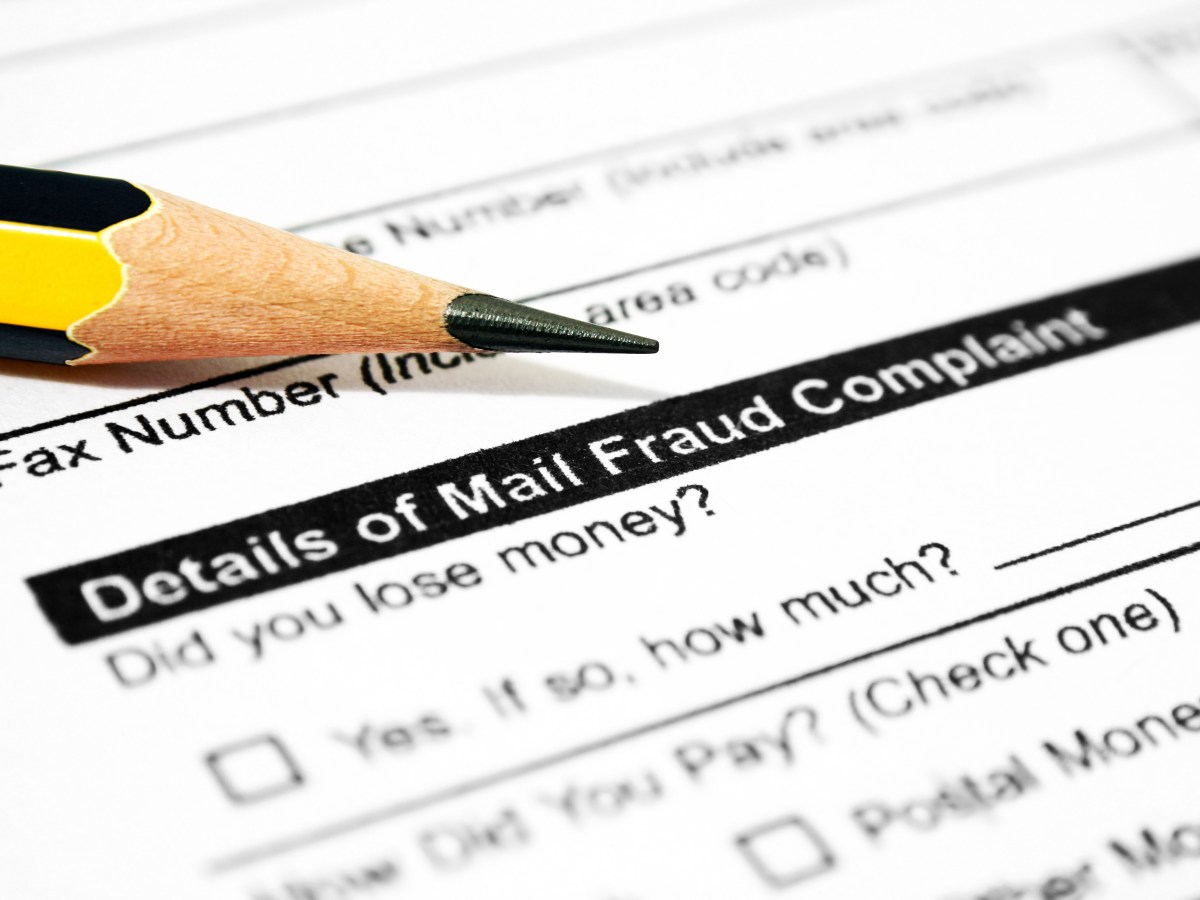In August 2021, Flora answered a call from her great-grandson, who was in tears. “Grandma, I’m in trouble. Will you help me?” he said. “I was arrested and need bail money to get out of jail. I was with a friend when police pulled him over and found drugs in the car.” Later that day, after sending $8,200 to a post office box in Indiana, Flora realized it wasn’t her great-grandson, Michael, on the other end of the phone line. It was someone who played on her emotions and love for him to scam her out of $8,200. Flora had fallen victim to fraud.
Filled with regret that she didn’t take a few easy steps to validate the fraudulent call, Flora agreed to share her story to prevent others from being scammed. “I’m so embarrassed that I fell for it, but it sounded like Michael, and I wanted to help him.”
“Scams like this are becoming more common, and it can happen to anyone, in any language,” says Jetta Wiedemeier Bower, volunteer and outreach manager with Senior Linkage Line® and Trellis. “These people prey on love, and when someone receives a call as Flora did, emotion takes over the brain.” Trellis trains volunteers to educate people on fraud, helping people know how to prevent it from happening to them.
How scammers make it seem real
Flora admits there were warning signs as the scam took place, but the crying voice on the phone gave her a glimmer of her great-grandson through the tears, and she didn’t want to turn away when he needed her. “The guy on the phone sounded like Michael,” she said. “I did say I should call his dad before sending the money, but he begged me not to because his dad would be mad, so I agreed not to call.”
At one point, the person posing as Michael put someone else on the phone who claimed to be with the police department. That person repeatedly told Flora not to tell anyone about the call because it would hurt Michael’s chances of being released. And to keep her fearful, he called her every 30 minutes to remind her that Michael wouldn’t be released if she did.
How the fraud was executed
The caller instructed Flora to go to the bank and withdraw 82 $100 bills, place them inside multiple pages of a couple of magazines and mail them via UPS to a post office box in Indiana. “The fake police officer said it was the closest bail office to her Minnesota home, and I took his word for it,” she said. By noon that day, $8,200 was on its way to Indiana.
Later that day, Flora received another call. This time, the fake officer told her a long story saying that after Michael was released, he and his friend went to get his car out of the impound lot and they hit the gas and ran over a grandmother and her five-year-old grandson. This time, the scammer told Flora she needed to send $80,000 for Michael to be released. “I finally realized something wasn’t right, so I asked the officer to put Michael on the phone, and I questioned him,” Flora explained. “I asked him his middle name and his mother’s name, and he gave wrong answers, so I hung up and called my son, and then I called the police department.
“I’m embarrassed that I fell for the scam, but I’m happy to help others prevent it from happening to them,” said Flora.
Tips for avoiding a scam
Jetta shares these quick tips from Trellis on how to handle a fraud call:
- Ask the caller to provide a callback number. Hang up and call the person they claim to be to ask if they’re okay. Any police department would give a number and allow you to call them back. If the caller doesn’t, it’s most likely fraud.
- As Flora did, ask the caller questions about family members and experiences that would confirm who you are speaking to, such as, “What is your middle name?” and “What is your mother’s name?” You can also ask, “Where did we celebrate Eid last year,” and “What was our last international trip.”
- Asking you not to tell anyone is a red flag. Do not hesitate to call your son, daughter or another family member for assistance.
- Call your local police department to report the fraud call you received.
Flora is happy to report that she worked with the police to share information with officers in Indiana. Her reporting led police to catch one of the persons who scammed her while he was picking up money sent by another of his victims.
For more information on protecting yourself from fraud, register to attend a live or virtual presentation by Trellis and the Senior LinkAge Line at trellisconnects.org/presentations. If you need help, call the Senior Linkage Line® at (800) 333-2433.
more sponsored content by trellis
Beware of Checks from Unknown Senders
Older Minnesotans fall victim to check scams simply because they are kind and generous. Uma from Oakdale, MN, received a $5,000 check in the mail with instructions to call the phone number on the check. She called and spoke with the sender who told her she could cash it, keep a portion of the money…
Trellis: Elevating voices of diverse communities with authentic relationships
Ahmed Mussa believes passionately in community and has a deep reverence for elders. Those attributes make Ahmed perfect for an outreach role with Trellis, a nonprofit organization that helps people optimize well-being as they age and provides Senior LinkAge Line® services in the Twin Cities area. Ahmed joined the Trellis outreach team in February 2022…




